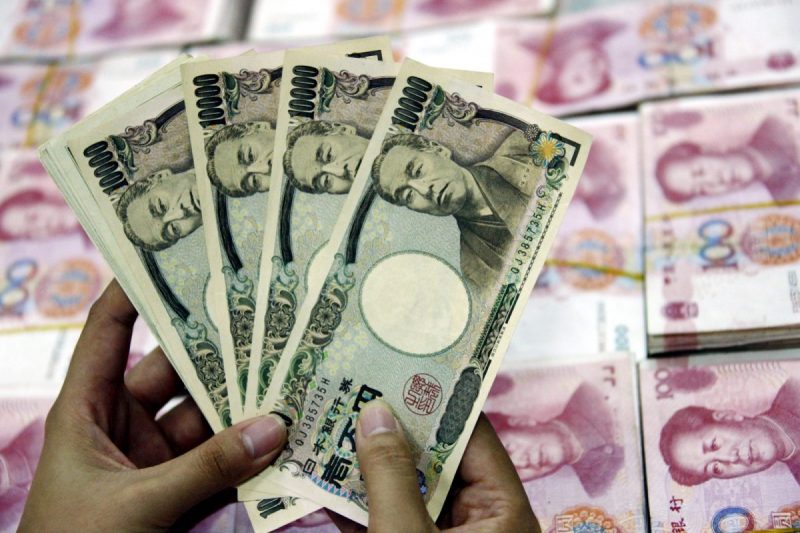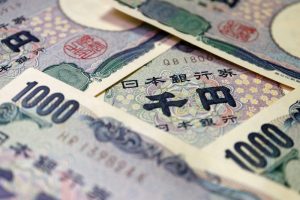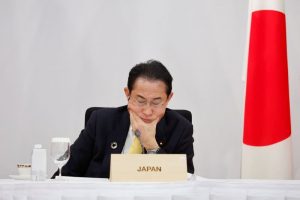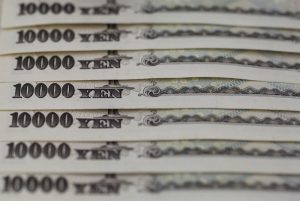As the yen plunges, Japan has signalled a continuation of its foreign exchange policy by reappointing its deputy finance minister for international affairs, the country’s top currency diplomat.
Masato Kanda is responsible for currency intervention, such as preventing the yen’s volatility from destabilising financial markets.
The yen has hit 24-year lows – beyond 135 to the dollar – this week and rising bond yields have pressured the Bank of Japan (BoJ) yield curve control.
Analysts have speculated that Japan will conduct sales of US dollars to back the yen, a move it hasn’t used since 1998. The government has stayed out of the currency markets since the aftermath of the 2011 earthquake and nuclear crisis.
Kanda is also tasked with coordinating with the broader G20 finance chiefs to respond to the Covid-19 pandemic, and tackle global tax and emerging-market debt.
Ultra-Low Interest Rates
The reappointment will take effect from June 24 after approval from Prime Minister Fumio Kishida’s cabinet.
The BoJ is likely to maintain ultra-low interest rates and stress its resolve to support a fragile economy with massive stimulus, a move that may spark a renewed yen fall by highlighting a policy divergence with the rest of the world.
While a modest, technical tweak to its yield cap or guidance on the future policy path cannot be ruled out, the BOJ is seen sustaining its massive monetary support for now to ensure the economy is fully out of the doldrums.
The likelihood that Japan will remain an outlier while global central banks tighten policy to combat inflation threatens to cool consumption by boosting already rising import costs.
But rising concerns over the weak yen have not deterred the BOJ from defending an implicit 0.25% cap for its 10-year bond yield target through ramped-up bond purchases.
- Reuters, with additional editing by George Russell
READ MORE:
Speculators Confront Bank of Japan in Bond Market Showdown
Japan Records Biggest Monthly Trade Deficit in 8 Years
Japan, US Speed Up Advanced Chips Venture – Nikkei
























